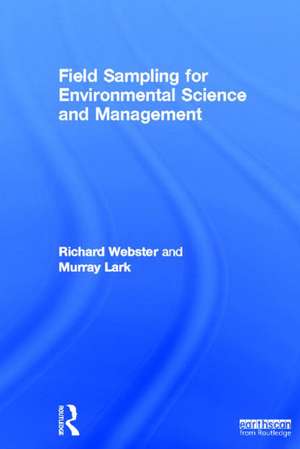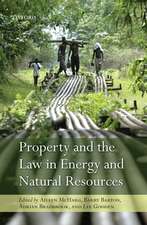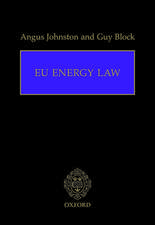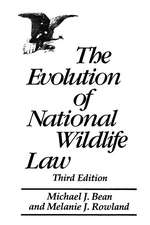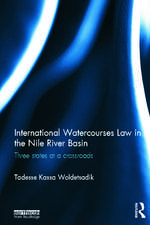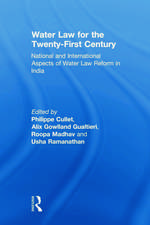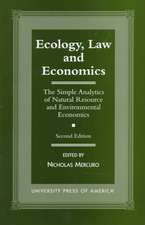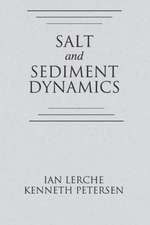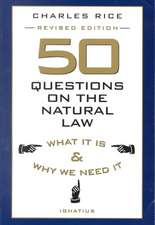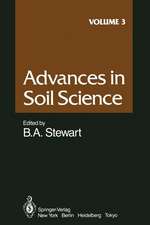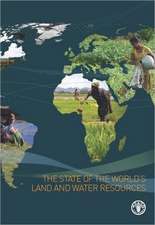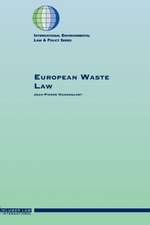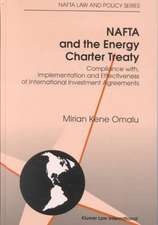Field Sampling for Environmental Science and Management
Autor Richard Webster, Murray Larken Limba Engleză Hardback – 16 iul 2012
This book provides that guidance, backed by sound rationale and statistical theory. It concentrates on design-based sampling for estimates of mean values of environmental properties, emphasizing replication and randomization. It starts with simple random sampling and then progresses to more efficient designs, such as spatially stratified random sampling, stratification by classes and cluster sampling. It includes a section on purposive sampling in classical soil survey, which is relevant to other environmental properties such as vegetation. It also describes the effects of bulking on errors and the use of ancillary information and regression to improve estimates. The authors draw the important distinction between design-based sampling for estimating means and model-based methods (geostatistics) for local spatial prediction and mapping, and focus on the latter. They describe designs suitable for computing variograms and prediction by kriging, as well as a staged approach, so that sampling is neither inadequate nor excessive, and designs adapt as knowledge is accumulated. Including numerous worked case studies of sampling in agriculture, ecology and environmental science, the book will be of immediate practical value.
| Toate formatele și edițiile | Preț | Express |
|---|---|---|
| Paperback (1) | 334.55 lei 6-8 săpt. | |
| Taylor & Francis – 16 iul 2012 | 334.55 lei 6-8 săpt. | |
| Hardback (1) | 1007.48 lei 6-8 săpt. | |
| Taylor & Francis – 16 iul 2012 | 1007.48 lei 6-8 săpt. |
Preț: 1007.48 lei
Preț vechi: 1228.63 lei
-18% Nou
Puncte Express: 1511
Preț estimativ în valută:
192.78€ • 201.28$ • 159.55£
192.78€ • 201.28$ • 159.55£
Carte tipărită la comandă
Livrare economică 04-18 aprilie
Preluare comenzi: 021 569.72.76
Specificații
ISBN-13: 9781849713672
ISBN-10: 1849713677
Pagini: 200
Ilustrații: 137
Dimensiuni: 156 x 234 x 13 mm
Greutate: 0.66 kg
Ediția:1
Editura: Taylor & Francis
Colecția Routledge
Locul publicării:Oxford, United Kingdom
ISBN-10: 1849713677
Pagini: 200
Ilustrații: 137
Dimensiuni: 156 x 234 x 13 mm
Greutate: 0.66 kg
Ediția:1
Editura: Taylor & Francis
Colecția Routledge
Locul publicării:Oxford, United Kingdom
Public țintă
Postgraduate, Professional, and UndergraduateCuprins
1. Introduction. 2. Aims and Concepts. 3. Simple Random Sampling. 4. Efficiency, Economy and Logistics. 5. Prediction from Spatial Classifications. 6. Sampling from Designed Experiments. 7. Sampling for Regression and Calibration. 8. Nested Sampling and Analysis. 9. Geostatistics - Model-based Prediction
Notă biografică
Richard Webster is a Lawes Trust Senior Fellow at Rothamsted Research, Harpenden, UK, and former Editor-in-Chief of the European Journal of Soil Science. He is author of one book and co-author of two others on applied statistics.
Murray Lark is an Environmental Statistician at the British Geological Survey, Nottingham, UK.
Murray Lark is an Environmental Statistician at the British Geological Survey, Nottingham, UK.
Recenzii
"The book is written in a very educational style with a practical lay-out allowing easy access. Every chapter is introduced by a box overviewing its key points and most contain practical worked examples using real-world data. A sample data set is also provided. Most of the material discussed is backed-up by previously published papers by the authors and hence extra information is available if needed. The book clearly achieves its objective. It is highly recommended to all researchers whohave to sample and find the standard text books too complicated. It is also a perfect book for students in many disciplines."–Marc Van Meirvenne, Ghent University
Descriere
Scientists and consultants need to estimate and map properties of the terrestrial environment. This book provides guidance on the design and analysis of sampling methods, backed by sound rationale and statistical theory, with a focus on the design and analysis of sampling methods – if their conclusions and recommendations are to be valid.
